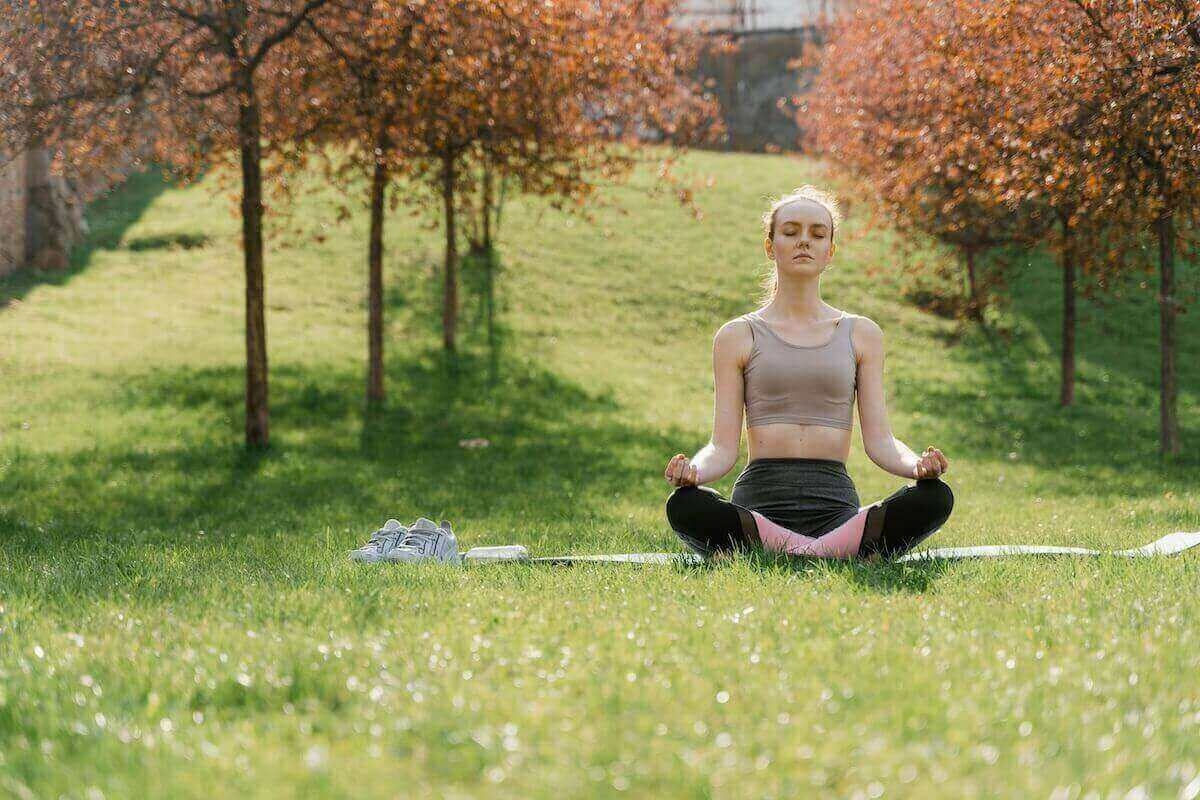Last update: June 27, 2025
7 minute read
Vitamin C + Zinc: Exploring the Benefits and Risks
Discover the truth about combining Vitamin C and Zinc supplements. Learn the potential benefits, risks, and how to make informed decisions for your health.

By Derick Rodriguez, Associate Editor
Edited by Stephanie Wright, RN, BSN

Could your diet decisions secretly be making you vulnerable to illness? Surprising as it may sound, your body cannot store meaningful amounts of Vitamin C and has only limited, non-specialised reserves of zinc—two nutrients that support immune defence, skin health, and cell repair.
Yet, research suggests many people still struggle to consistently meet their daily targets for these important nutrients, potentially leaving their health compromised.
Curious whether food alone covers your bases, or if supplements might be necessary? Before grabbing random supplements from shelves, consider checking out this complete Vitamin C supplement guide to separate fact from fiction.
Key takeaways
- Immune support: Vitamin C and Zinc individually support immune function and overall health
- Synergy: Combined supplementation may offer extra benefits, particularly for immune support
- Upper limits matter: Excessive intake of either nutrient can lead to side effects
Understanding vitamin C and zinc
Vitamin C is a strong antioxidant important for your body's defense system. It helps produce white blood cells, is needed for collagen synthesis, and gives antioxidant protection. Your body can't store Vitamin C, so you need a constant supply.
But wait—why does the inability to store Vitamin C matter for your daily life? This means that prolonged inadequate intake of vitamin C (typically several weeks) may gradually weaken immunity or slow tissue repair because body stores are quickly depleted without a regular supply.
Zinc is like the silent guardian of your cells. It's important for developing and activating T-lymphocytes, plays a role in wound healing, and is involved in hundreds of enzyme reactions.
Your body can't produce or store zinc, so it must come from diet or supplements. Wondering how a zinc deficiency might show up? Common early signs include loss of taste or smell, slow wound healing, or an increased chance of infections.
Food sources for vitamin C and zinc
Vitamin C-rich foods:
- Oranges
- Blackcurrants
- Brussels Sprouts
- Peppers
- Strawberries
- Broccoli
Zinc-rich foods:
- Shellfish
- Beef
- Other Red meats
- Organ meats
- Nuts
- Legumes
- Mushrooms
- Greek Yogurt
- 1% Milk
- Turkey Breast
Now that you see the food lists, you might be curious—are plant sources as effective as animal sources for these nutrients?
Vitamin C is plentiful in fruits and vegetables, but zinc is better absorbed from animal sources. If you’re vegetarian or vegan, you may need higher zinc intake because of lower absorption from plant foods.
You can catch a cold quite often
The average American catches the common cold two to three times each year, which is one reason interest in nutrients like Vitamin C and Zinc stays high.
The combination of vitamin C and zinc
Recent studies show the potential impact of taking Vitamin C and zinc supplements to boost immune function. Both nutrients are needed to maintain your immune system.

However, more research is needed to determine how strong the benefits of combining vitamin C and zinc truly are. Research suggests zinc lozenges have demonstrated significant reductions in cold duration.
Using both may have genuine therapeutic effects on the common cold. Knowing the dose ceiling is just as important as knowing the benefits.
Recommended daily allowances and upper limits
Nutrient | RDA | Tolerable Upper Level (UL) |
|---|---|---|
Vitamin C | 75 mg (women), 90 mg (men) | 2,000 mg |
Zinc | 8 mg (women), 11 mg (men) | 40 mg |
Now that you know the recommended daily intakes, you might ask, what happens if I accidentally eat a little more or a little less?
Occasional minor changes are usually safe, but consistently going over upper limits risks side effects, while chronic shortfalls might slowly weaken immunity, wound healing, or skin health.
Potential drawbacks
- Gastrointestinal issues from too much intake
- Interference with other nutrient absorption
- Risk of overdose, especially with zinc
Exceeding the upper limit for zinc—40 mg per day for adults—can lead to side effects like nausea, vomiting, loss of appetite, stomach cramps, diarrhea, and headaches.
Most studies do not show significant interference between typical supplemental doses of vitamin C and zinc, though extremely high doses of either nutrient may affect the absorption of certain minerals.
Wondering if it matters when you take your supplements? Taking vitamin C and zinc at the same time is generally considered safe; spacing them out is optional rather than required.
Feel better sooner
High doses of vitamin C do not cure the common cold, but regular supplementation can modestly shorten its duration (often by less than a day); zinc lozenges started early may reduce cold length by roughly one-third.
Making the right choice
- Check your diet first: Take a look at what you're already eating—fruits, veggies, whole grains, and lean proteins go a long way.
- Consider your health status: Think about any underlying conditions, your appetite, lifestyle, or dietary restrictions.
- Consult a healthcare professional: When in doubt, talk to your doctor or a registered dietitian.
- Choose quality supplements, if needed: Go for trusted brands with third-party testing and clear labeling.
- Mind the recommended dosages: More isn’t always better—especially with vitamins and minerals.
Still wondering if you need a supplement?
Most healthy adults who eat a balanced diet don’t need extra vitamin C or zinc. However, supplements can help if you have a limited diet, long-term health conditions, poor appetite, or increased nutrient needs—like during pregnancy or older age.
Whenever possible, aim to get your nutrients from whole foods. If you do take supplements, remember: they’re best absorbed with a meal.
According to health experts, a varied diet rich in fruits, vegetables, whole grains, and lean proteins will naturally cover your vitamin C and zinc needs.
You might not be getting enough nutrients
Population surveys like NHANES show that a noteworthy minority of adults do not meet the Estimated Average Requirement for vitamin C or zinc, underscoring the value of a balanced diet.
But wait—if so many people are low in these nutrients, should everyone take supplements just in case?
Not necessarily. The best approach is to track your diet, get regular checkups if you have health conditions, and only supplement with professional advice.
Remember, more isn't always better. Taking too much won't turn you into a superhuman—it might just cause unwanted—even dangerous—side effects. It’s best to speak with your doctor before taking any vitamin supplements to stay safe.
Frequently asked questions (FAQ)
Here are some of the most frequently asked questions about the benefits and risks of vitamin C and zinc.
Final thoughts
Your immune system and overall wellness greatly benefit from regularly hitting your Vitamin C and Zinc targets.
Rather than chasing mega-doses, remember that a balanced diet rich in fruits, vegetables, whole grains, and lean proteins offers a safe and effective way to cover these important nutrients.
While supplements can help fill nutrition gaps, more isn't always better, and bad dosage might bring unwelcome—even dangerous—side effects.
When was the last time you checked whether your diet truly meets your nutrient needs? Take a moment this week to think about your eating habits or consider scheduling a nutrition visit.
Sources and references
- Vitamin C and Immune Function - PMC
- Original Article Zinc sulfate gel reshapes the wound microenvironment to promote full-thickness wound healing in mice
- Zinc Deficiency - StatPearls - NCBI Bookshelf
- Vitamins and minerals - Vitamin C - NHS
- Zinc: What it does for the body, and the best food sources - Harvard Health
- The effect of Vitamin C and Zn supplementation on the immune system and clinical outcomes in COVID-19 patients
- Zinc lozenges and vitamin C for the common cold are not examples of placebo effect in action Hemilä, Harri
- Do you need a daily supplement? - Harvard Health
- Does Vitamin C with Zinc Help Fight Colds? | UPMC HealthBeat
- Vitamin C - Health Professional Fact Sheet
- Zinc - Health Professional Fact Sheet
Editor

Derick Rodriguez
Derick Rodriguez focuses on editing health and wellness-related content. With over half a decade of experience in the digital realm, Derick has developed a unique skill set that bridges the gap between complex health concepts and accessible, user-friendly communication. His approach is deeply rooted in leveraging personal experiences and insights to illuminate the nuances of health and wellness topics, making them more approachable and empowering readers with knowledge and confidence.
Author

Stephanie Wright
Stephanie brings over 13 years of diverse nursing experience to the table, having honed her expertise in critical care, mental health, and utilization management. Her journey as a registered nurse across these various healthcare sectors underscores her adaptability and deep commitment to patient care.
At VitaRx, we're not just passionate about our work — we take immense pride in it. Our dedicated team of writers diligently follows strict editorial standards, ensuring that every piece of content we publish is accurate, current, and highly valuable. We don't just strive for quality; we aim for excellence.
Related posts
While you're at it, here are some other relevant articles you might be interested in.

Get your personalized vitamin recommendations in less than
5 minutes.
Get your personalized vitamin recommendations in less than
5 minutes.






